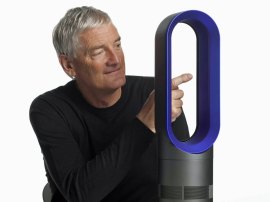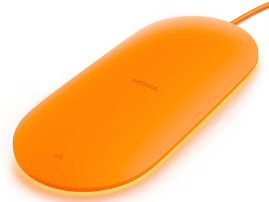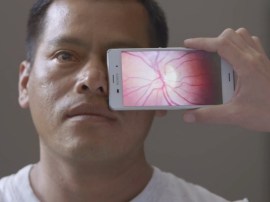Low-cost, inflatable infant incubator from UK wins James Dyson Award
Much cheaper than modern hospital tech, it could save lives in developing countries
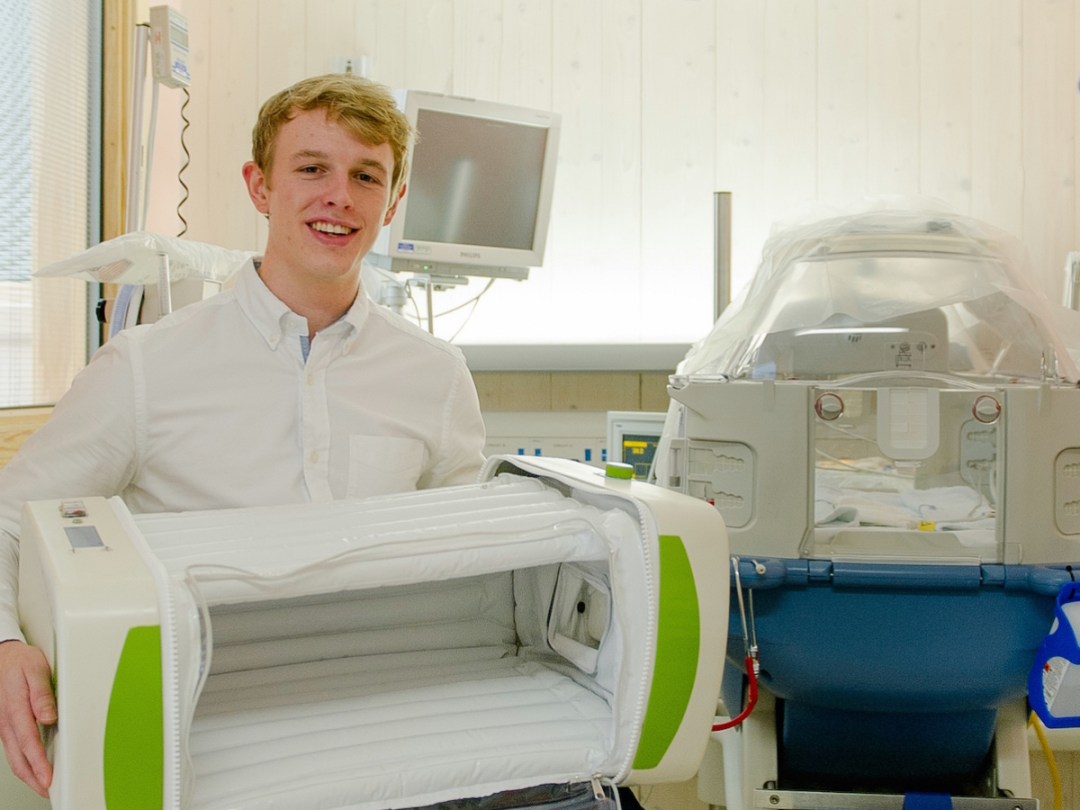
The James Dyson Award was set up to promote engineering education in the image of the iconic inventor himself, and this year’s winner shows true ingenuity to solve a real health problem with relatively minor cost.
James Roberts, a 23-year-old recent graduate of Loughborough University, has been awarded this year’s international prize for MOM: a portable, inflatable incubator that can do the job of a £30,000 hospital unit at a fraction of the price and has a 24-hour rechargeable battery. It even offers phototherapy for jaundiced infants.
The MOM costs just £250 to construct, test, and ship to its destination, and it’s intended to help in developing countries where the lack of incubation for newborn infants is a leading cause of death. Roberts was inspired by a documentary on premature childbirth struggles in refugee camps.
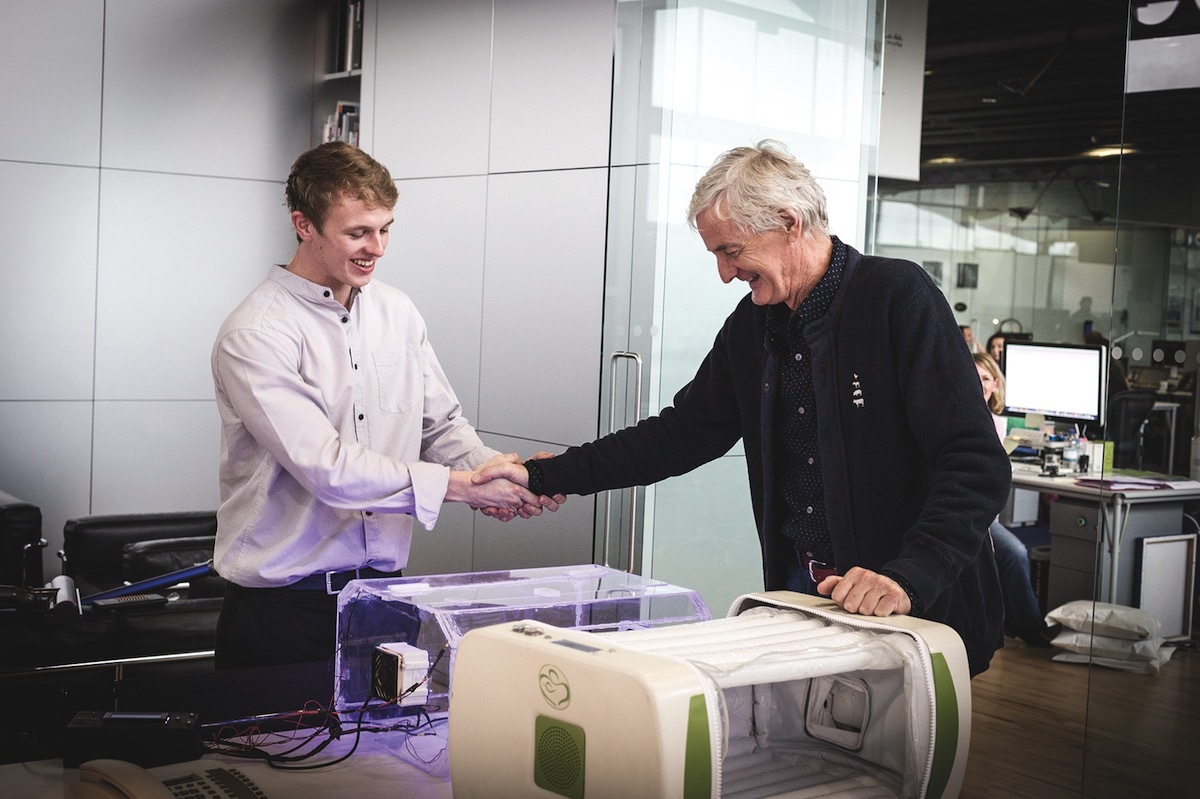
“James’ invention shows the impact design engineering can have on people’s lives,” said Dyson, pictured with Roberts above. “The western world takes incubators for granted – we don’t think about how their inefficient design makes them unusable in developing countries and disaster zones. By bravely challenging convention, James has created something that could save thousands of lives.”
As a result of winning the international competition, Roberts will receive £30,000 – just enough to buy one of those expensive hospital incubators, but we imagine he’d be better suited further prototyping the MOM and hopefully bringing it to market.
Runners-up included the Qolo (above), a convertible wheelchair that allows users to stand upright using their own upper body strength, which hailed from students in Japan. Another was a Canadian team’s Suncayr, a marker with UV-responsive ink that can be applied to skin to let you know when it’s time to put on more sunscreen lotion.
[Source: James Dyson Award]
READ MORE: Dyson’s greatest inventions, from the Ballbarrow to the Airblade

